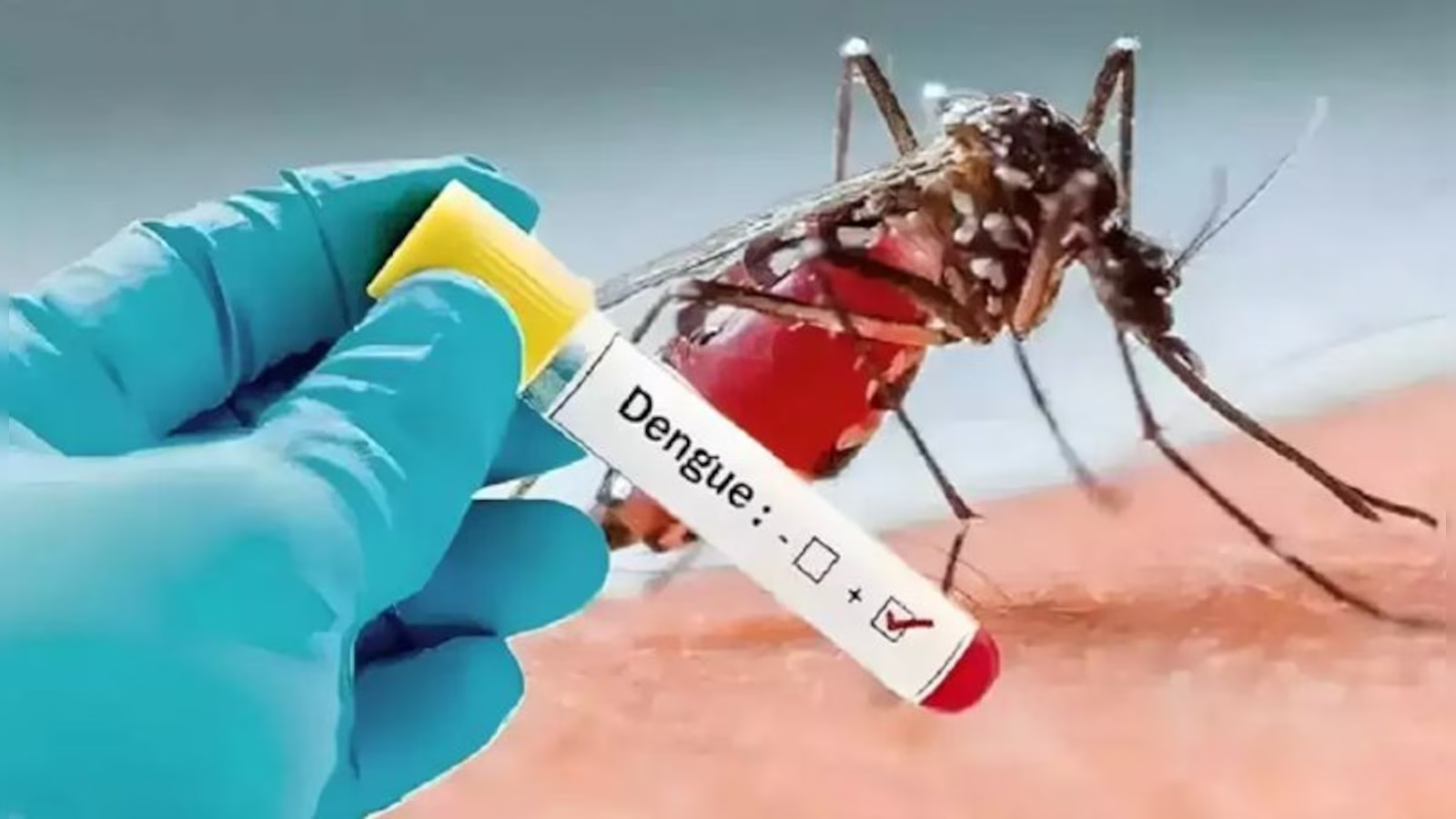Health officials in Georgia have raised concerns following the confirmation of 20 cases of dengue fever in the state. The sudden surge in cases has prompted warnings and advisories from public health authorities, urging residents to take precautions against mosquito bites and to be aware of the symptoms of this viral illness.
Dengue fever is a mosquito-borne viral infection caused by the dengue virus, primarily transmitted by Aedes mosquitoes, particularly Aedes aegypti. The disease is common in tropical and subtropical climates worldwide, and symptoms can range from mild flu-like signs to severe conditions, including dengue hemorrhagic fever and dengue shock syndrome, which can be fatal.
The 20 confirmed cases in Georgia mark a significant increase in the incidence of dengue fever, which is not typically endemic to the region. Health officials are investigating the source of the outbreak and whether the cases are related to recent travel or local transmission. The sudden appearance of dengue fever cases in a non-endemic area raises the possibility of local mosquitoes becoming carriers of the virus, a scenario that would pose a long-term public health challenge.
Symptoms and Risks
Dengue fever symptoms usually appear four to ten days after a mosquito bite and can include high fever, severe headache, pain behind the eyes, joint and muscle pain, rash, and mild bleeding (such as nose or gum bleeding or easy bruising). In severe cases, the disease can cause significant bleeding, blood plasma leakage, and organ failure.
In response to the outbreak, Georgia’s Department of Public Health has intensified its surveillance and mosquito control efforts. They are working closely with local health departments to monitor the situation and to prevent further spread. Residents are being advised to take preventive measures such as using insect repellent, wearing long sleeves and pants, and ensuring that windows and doors are fitted with screens to keep mosquitoes out.
Preventive Measures and Public Advisory
Health officials emphasize the importance of eliminating standing water around homes and properties, as these are common breeding sites for mosquitoes. Containers that collect water, such as buckets, flower pots, and old tires, should be emptied and cleaned regularly.
Public health authorities also urge anyone experiencing symptoms of dengue fever to seek medical attention promptly, especially if they have recently traveled to areas known to have dengue transmission.
The confirmation of dengue fever cases in Georgia is a reminder of the growing risks posed by vector-borne diseases. Climate change, increased travel, and global trade are contributing factors to the spread of diseases like dengue fever into new regions. It highlights the need for robust public health infrastructure, effective vector control programs, and public awareness campaigns to mitigate the impact of such outbreaks.
The recent dengue fever cases in Georgia have triggered a swift response from health officials, who are working to contain the outbreak and protect public health. Residents are urged to remain vigilant, adopt preventive measures, and stay informed about the symptoms and risks associated with dengue fever.
Read More News:
- Revolutionary THC Drink Offers Enjoyment and Health Benefits in Every Sip
- Health Alert: Recall Issued for Chocolate Items Sold in New York Supermarkets
For more information and updates on dengue fever and how to protect yourself, visit the Georgia Department of Public Health website.
Reference Article:
https://www.yahoo.com/news/health-officials-raise-concerns-20-024541379.html

